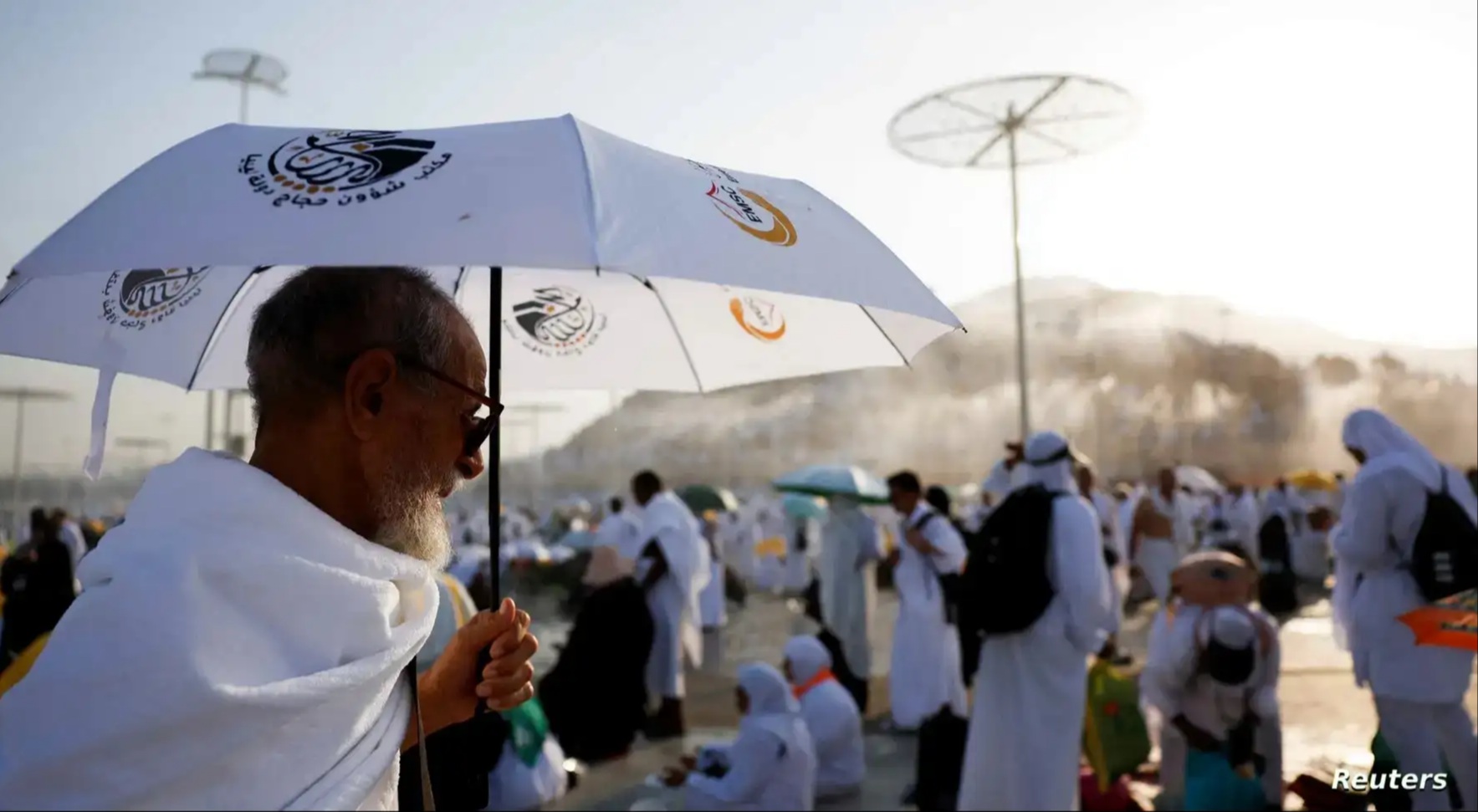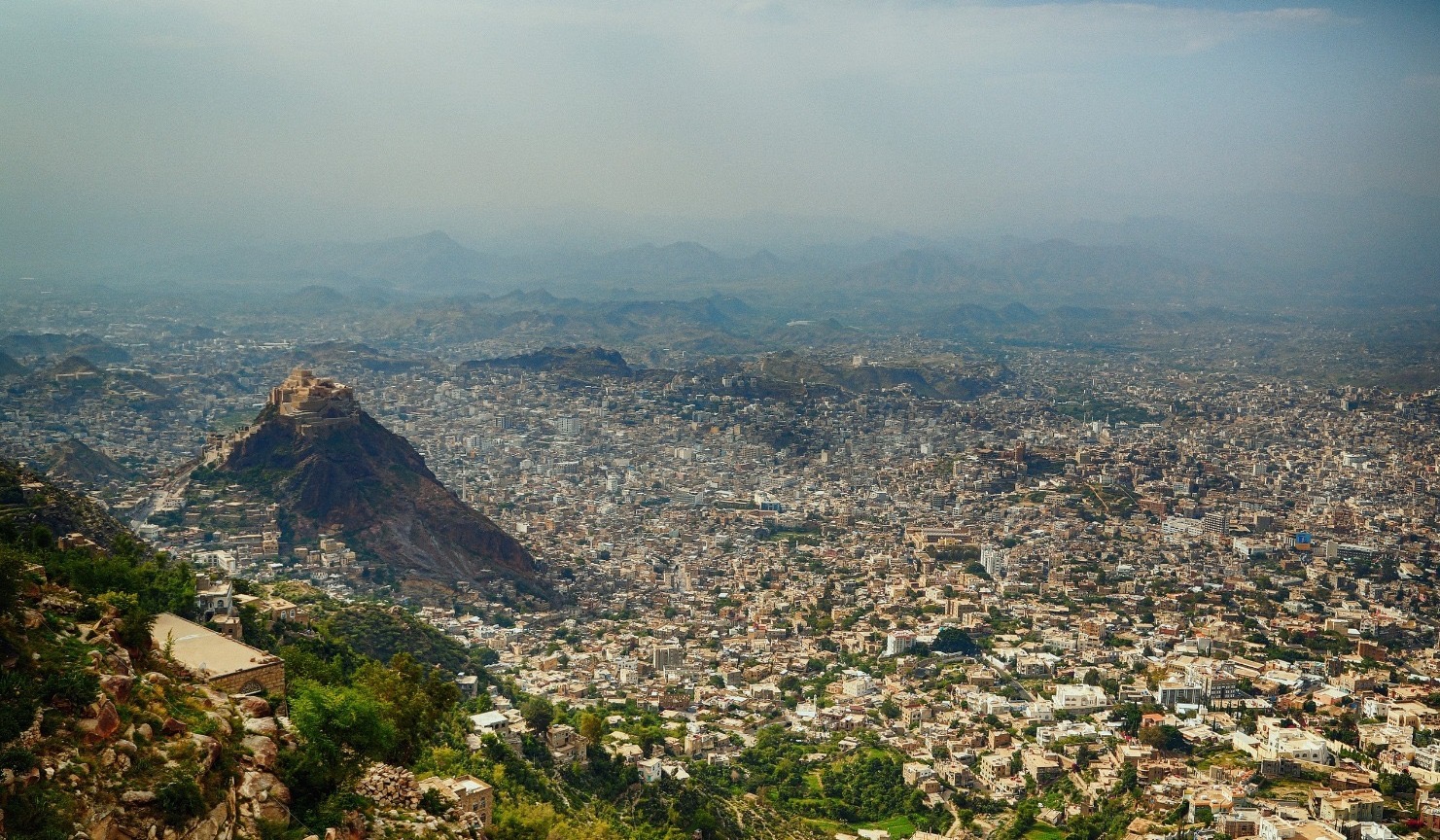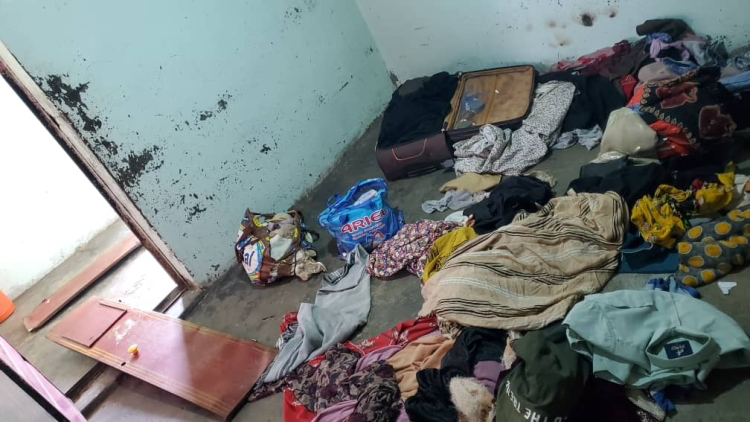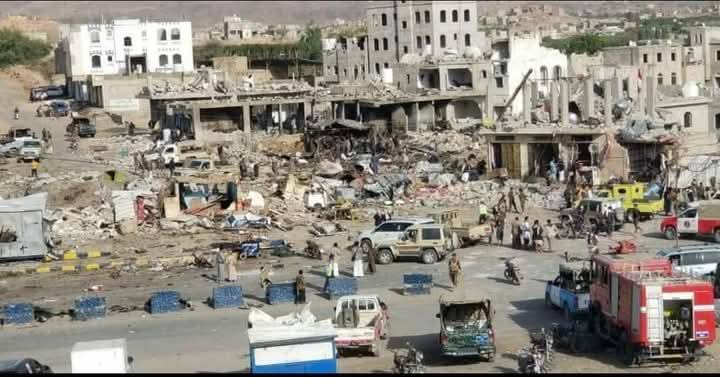
Barran Press
The governments of Jordan, Egypt, and Tunisia have issued official statements confirming that the deceased and missing pilgrims from their respective countries were not part of their official Hajj missions. Some individuals entered the Kingdom irregularly, while others traveled independently.
Several Arab and Islamic countries, including Jordan, Tunisia, Morocco, Algeria, and Iran, have reported deaths among their pilgrims this year, coinciding with soaring temperatures during the days of Tashriq.
In a statement, the Egyptian Ministry of Interior confirmed that no Egyptian pilgrims registered within the official Hajj system (including those who received permits through lottery, tourism, or the Ministry of Solidarity) are missing. The statement revealed that the missing pilgrims had traveled to perform Hajj "on their own accord." Meanwhile, the last batch of Egyptian pilgrims is being transported from Mina to their accommodation in Mecca.
The Jordanian Ministry of Foreign Affairs issued a statement stating that its consular team in Mecca, part of the ministry's crisis cell, issued 41 burial permits for Jordanian pilgrims who passed away in Mecca, at the request of their families. The statement emphasized that all 41 deceased pilgrims were not part of the official Jordanian Hajj mission. The Jordanian pilgrims reportedly died from heatstroke due to the extreme heatwave.
The Tunisian Ministry of Foreign Affairs reported 35 Tunisian pilgrim deaths, including five who came through the lottery system and 30 who arrived on tourist, visit, or Umrah visas. The ministry highlighted that since the beginning of the Hajj season, they have emphasized accepting all Tunisian pilgrims arriving on tourist, visit, or Umrah visas who seek medical attention, food, and shelter in the holy sites. This, they stated, is in line with the principle of equality for all citizens regardless of their method of arrival in Saudi Arabia to perform Hajj.
The ministry noted that this year's Hajj season coincided with a sharp increase in temperatures in Mecca and the presence of a significant number of pilgrims from various nationalities who arrived on tourist, visit, or Umrah visas. These pilgrims travel long distances under the scorching sun to the holy sites.
Saudi Minister of Media Salman al-Dosari, in statements to the press, stressed the importance of adhering to the official Hajj system to ensure pilgrims receive their full rights. He emphasized that pilgrims arriving with official permits have rights guaranteed by the Saudi authorities, while those arriving without permits do not have these rights and are taking away the opportunity from another pilgrim who traveled from the ends of the earth to perform this duty.
On Monday, Saudi authorities warned of high temperatures in Mecca as pilgrims concluded their Hajj rituals. The Saudi Ministry of Interior, in a press conference on Monday, reported that over 2,700 people were treated for heatstroke due to the high temperatures.
The Saudi Ministry of Health announced that Mecca recorded the highest temperatures since the start of Hajj on Monday, reaching 49 degrees Celsius. They advised pilgrims to avoid sun exposure, particularly between 11 am and 4 pm, and recommended using umbrellas, drinking plenty of water, and avoiding heat exhaustion.





